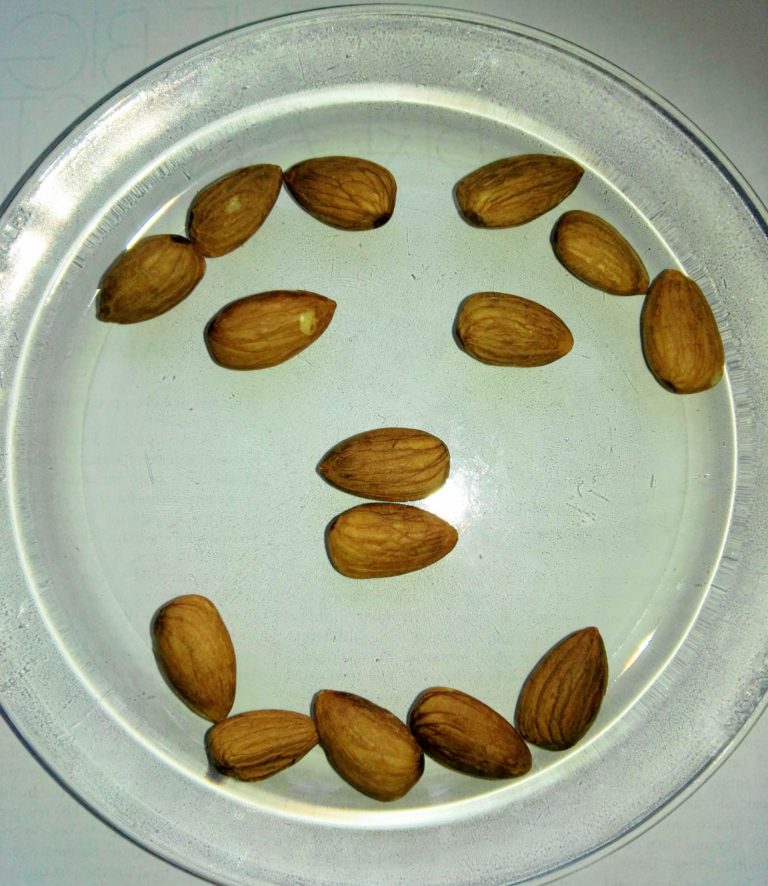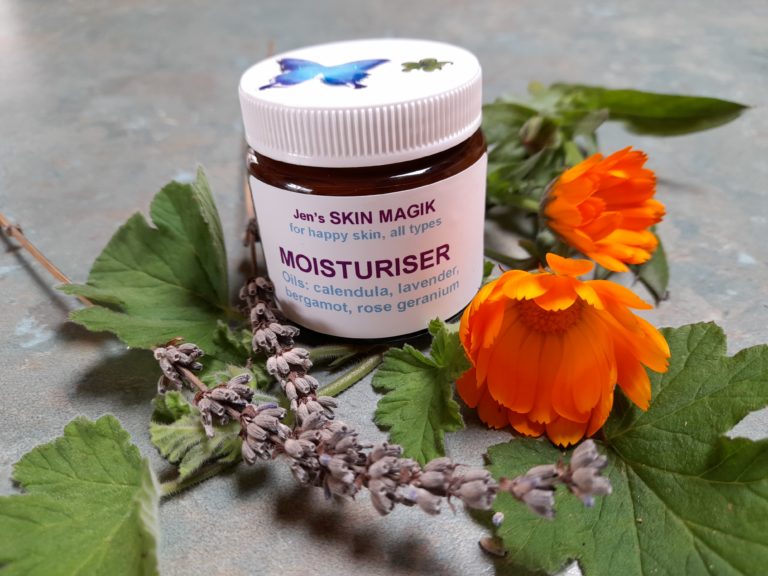Supporting people on cancer therapies and offsetting side effects
A cancer diagnosis can leave you feeling totally rail-roaded.
It could be that you’re the patient – or that someone you love has just had that devastating diagnosis. Either way, the urgency of the medical system can easily make you feel powerless and useless.
You could easily feel like a helpless, passive bystander in your own life emergency.
It doesn’t have to be that way…
In fact, you probably need to be more than a passive observer in the process – for your own well-being.
There is a lot you can do to make your experience less harrowing. The most important thing is probably to create a support structure – one or two people who can help you “process” what’s happening.
These days there are birth doulas and death doulas – experienced advocates who know the territory.
Look for someone who can be your “cancer doula” – because whether you’re the patient, or whether it’s a loved one – you’re at the centre of an overwhelming and disruptive experience (and likely as a total novice).
Find good support from outside the cancer “production line” – from your GP, from cancer support groups, from a counsellor OR from a Naturopath experienced in this area.
WARNING: Many health practitioners express major concern when patients “go totally alternative” – and for good reason if it’s done out of denial and despair.
But I’m not talking about being a pure alternative – this is about good guidance and complementary treatments. (Complementary means “enhancing” – like having yoghurt AND chilli sauce on your falafel.)
Surprisingly, cancer treatment is a space where complementary medicine can truly enhance mainstream medical practice.
There is growing evidence that – for specific cancers – there are dietary and nutritional strategies that you can apply to improve your experience (and even treatment outcomes).
The right treatments can:
- Improve the effectiveness of surgery, radiation and chemo treatments.
- Reduce the side-effects of radiation and chemo treatments, such as reduced immune function, nausea and muscle wasting.
- Enhance recovery from all treatments.
Pre-treatment supports
One of the things that can be really harmful is the weakness and wasting of the body (cachexia) caused by cancer and treatments. The wasting itself can be what kills someone.
This can be managed and often prevented by specific, targeted supports – the right herbs and supplements can make a big difference in preventing wasting and improving recovery.
Dietary practices (such as fasting the day before chemo) can improve treatment outcomes.
So if you’ve just got a diagnosis, it could be useful to explore what you can do to help yourself (or your loved one) to prepare.
During treatment supports
In Japan (where they’ve been really interested in cancer since Fukushima) there is a lot of research which confirms the effectiveness of novel medicines developed from natural sources.
High dose antioxidant supplements are generally not recommended during chemo and radiation. However experienced Naturopathic practitioners can guide you with pre and post treatment herbal and nutrient support. During treatment easily digestible foods high in a range nutrients is advised for careful nourishment of all systems. Light soups like bone broths and miso soup with ginger are warming and healing.
Cancer has a strong stress connection
Taking care of your mood is as important as taking care of your nutrition. Basics like getting enough sleep, making time for meditation and doing exercise are key actions.
Again, herbal medicines can manage a lot of the immune system patterns around stress and cancer.
Reflexology and massage can provide significant stress reduction and relief from symptoms.
Speed your recovery
Even after treatment, improved nutrition and the right supplements can reduce the ongoing side effects of treatment.
Many cancer treatments do unavoidable collateral damage to the cells and organs around the treatment site and all through the body. Again, nutrition and herbal medicines can help with convalescence, recovery and protection against secondary and recurring cancers.
Check with your Practitioner if they have updated their knowledge base on useful effective supportive options for you for your particular needs.





